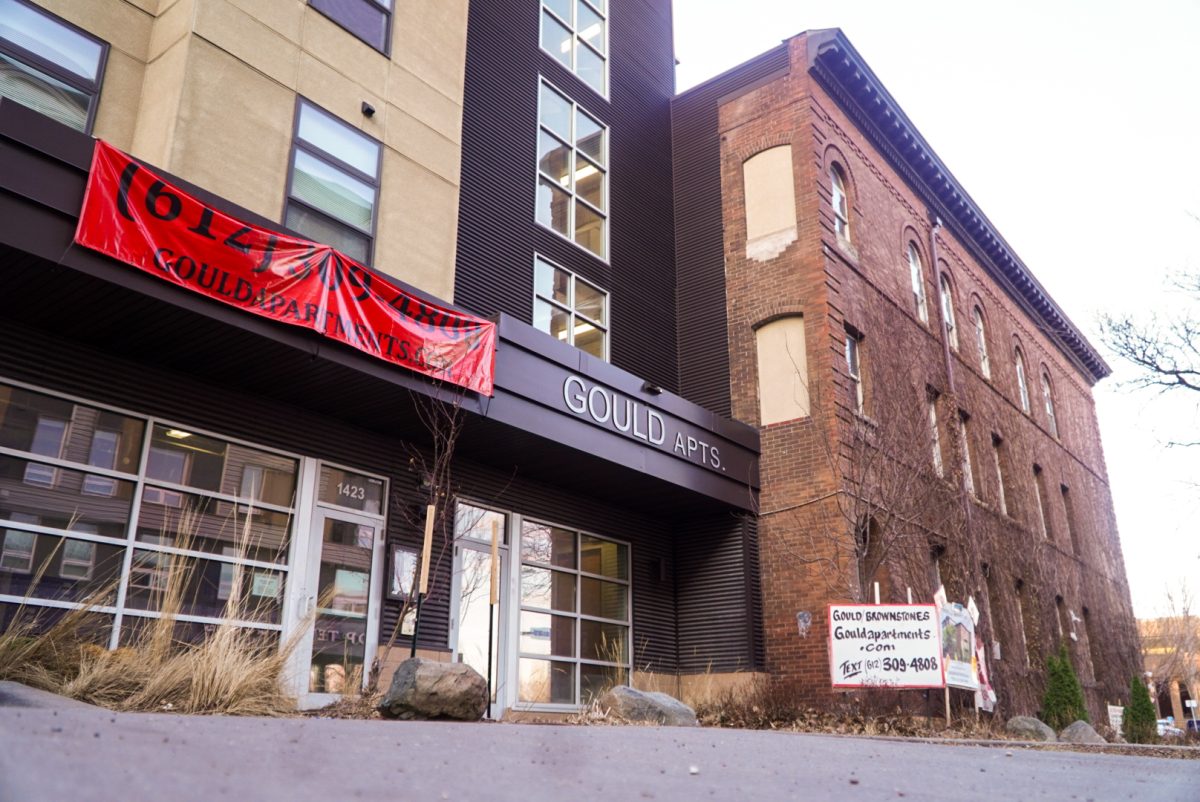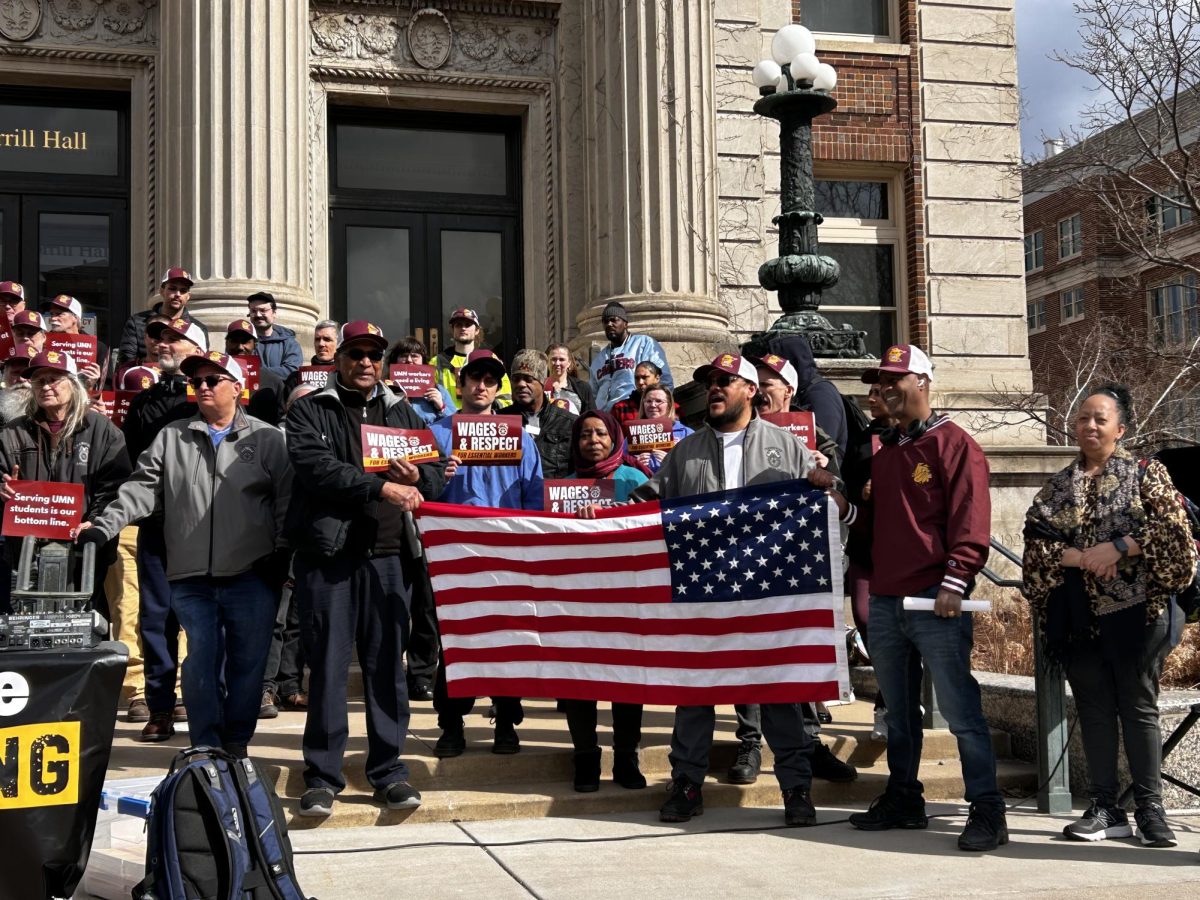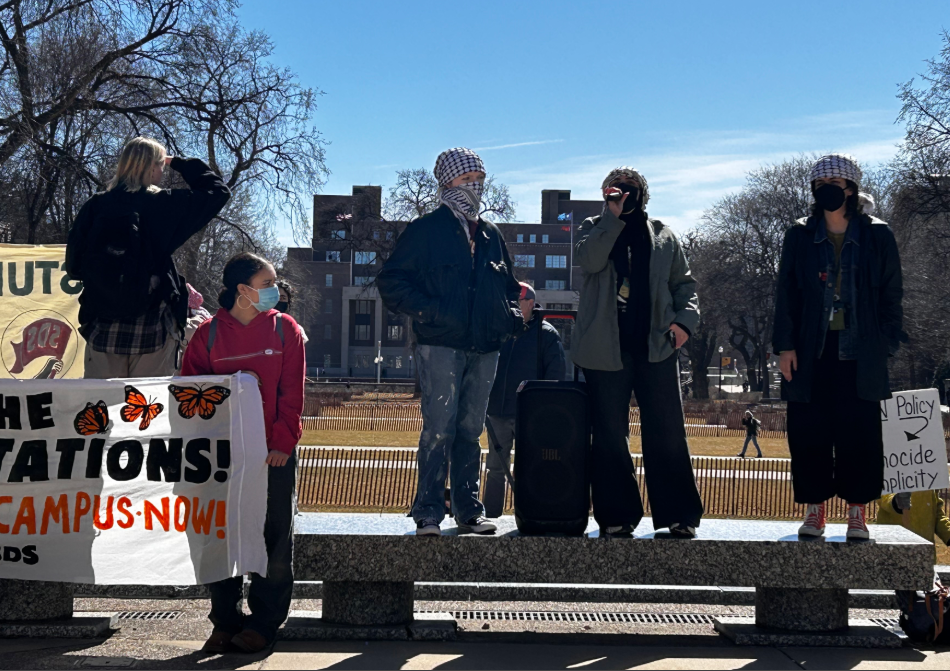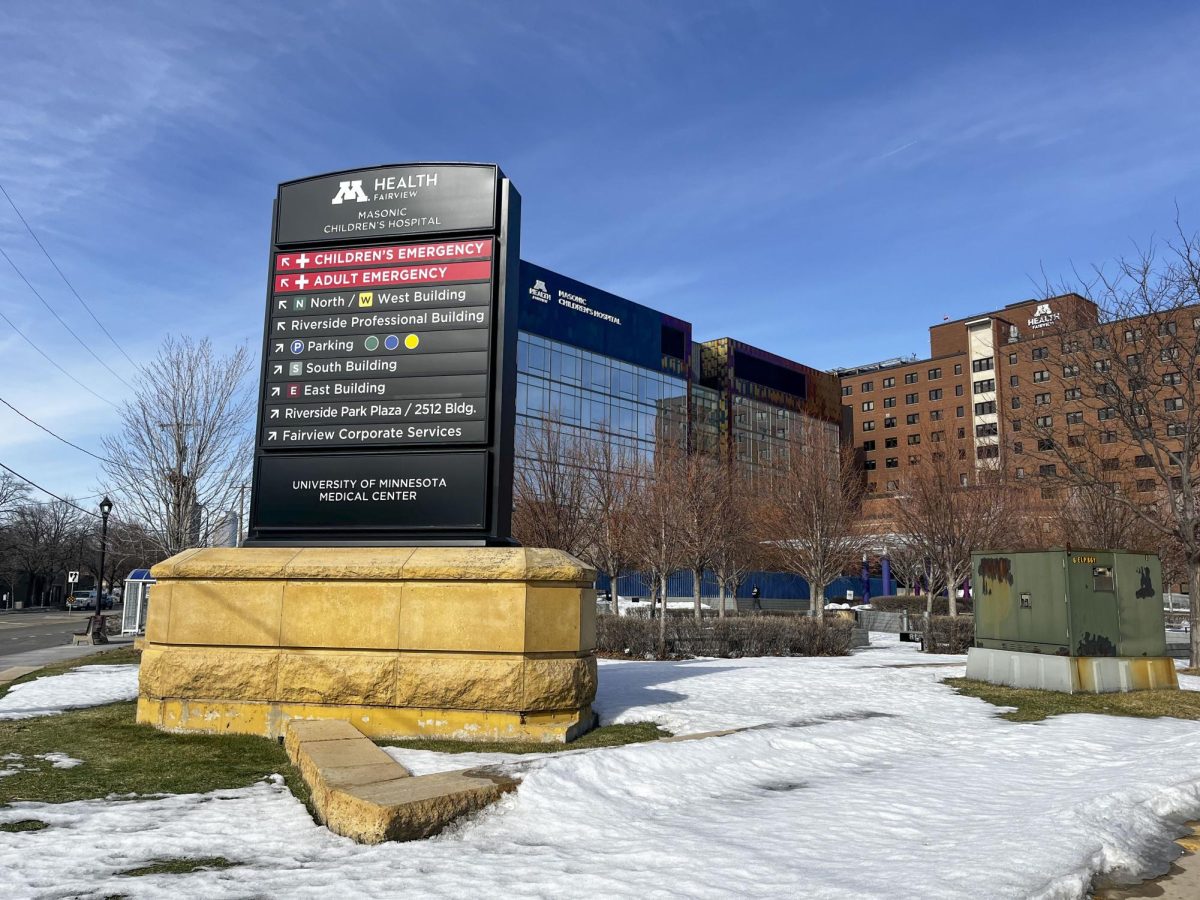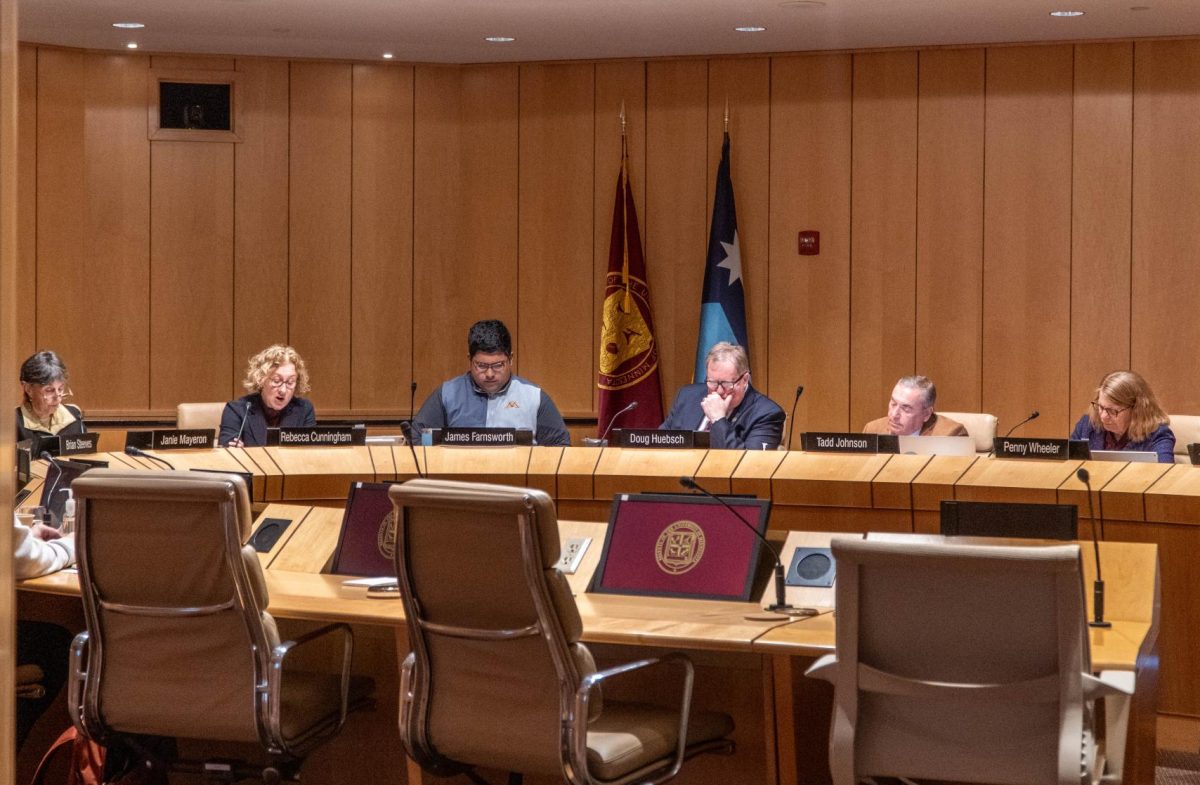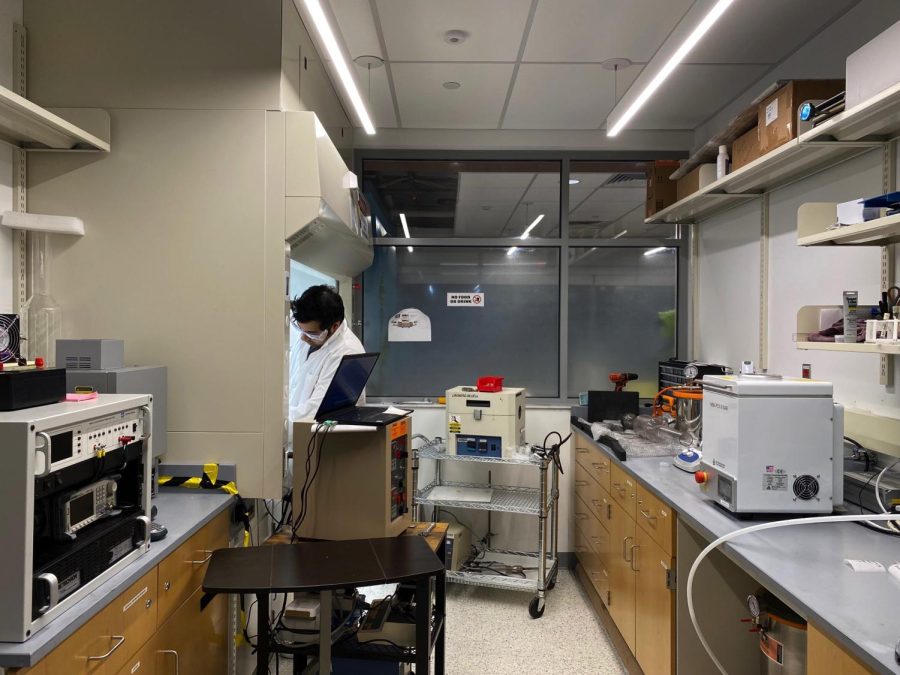Students from the University of Minnesota’s Carlson School of Management, Law School and Humphrey School of Public Affairs hosted an Earth Day conference April 22 to discuss the impact of environmental issues such as climate change, water contamination and energy efficiency on rural areas in Minnesota.
The conference included three panels and was organized by the West Bank Energy and Environment Collaborative (WBEEC), a group of students that coordinates discussions and initiatives on environmental topics.
“The Earth Day panel was one of the best planned and thoughtful events I’ve been invited to attend,” said Kathryn Draeger, statewide director of Regional Sustainable Development Partnerships and University adjunct professor of Agronomy and Plant Genetics.
The 2022 conference theme was centered on rural perspectives and how people in rural communities can address climate issues.
Farmers have first hand experiences with how climate change and water contamination impact their ability to manage and grow agriculture, said managing director of the Carlson School of Management David S. Kidwell Funds Enterprise, Susanna Gibbons, at the event.
Students felt this topic had been left out of previous dialogues due to the location of the University in an urban setting, according to science, technology and environmental policy graduate student Katie Murphy.
“I especially appreciate that they centered some of the workshops on impacts to rural places and that students took this approach to the [conference] topic, which can otherwise be overlooked,” Draeger said in an interview.
During one panel, Draeger discussed how the sources of electricity and fuel, like wind, solar power, biogas and agricultural crops, come from rural communities, illustrating the connection between rural areas and the environment.
Another panel on water quality discussed how mining practices threaten contamination of the Mississippi River Basin, Boundary Waters, Lake Superior Watersheds and tribal land, including the Fond du Lac Reservation.
Science, technology and environmental policy graduate student Eric Barry said environmental issues often intersect and impact businesses, laws and government policies, and it is important to consider these things in tandem.
“You can’t change a policy and expect everything to change, or create a business and expect it to be received by the community, you need all facets to facilitate a transition to make significant change,” Barry said at the event.
Students said these panels are important in understanding how environmental issues affect different geographic communities.
“In the future, I think it would be great to discuss agriculture and food security in a conference to understand how these issues affect different people and perspectives,” Murphy said.



